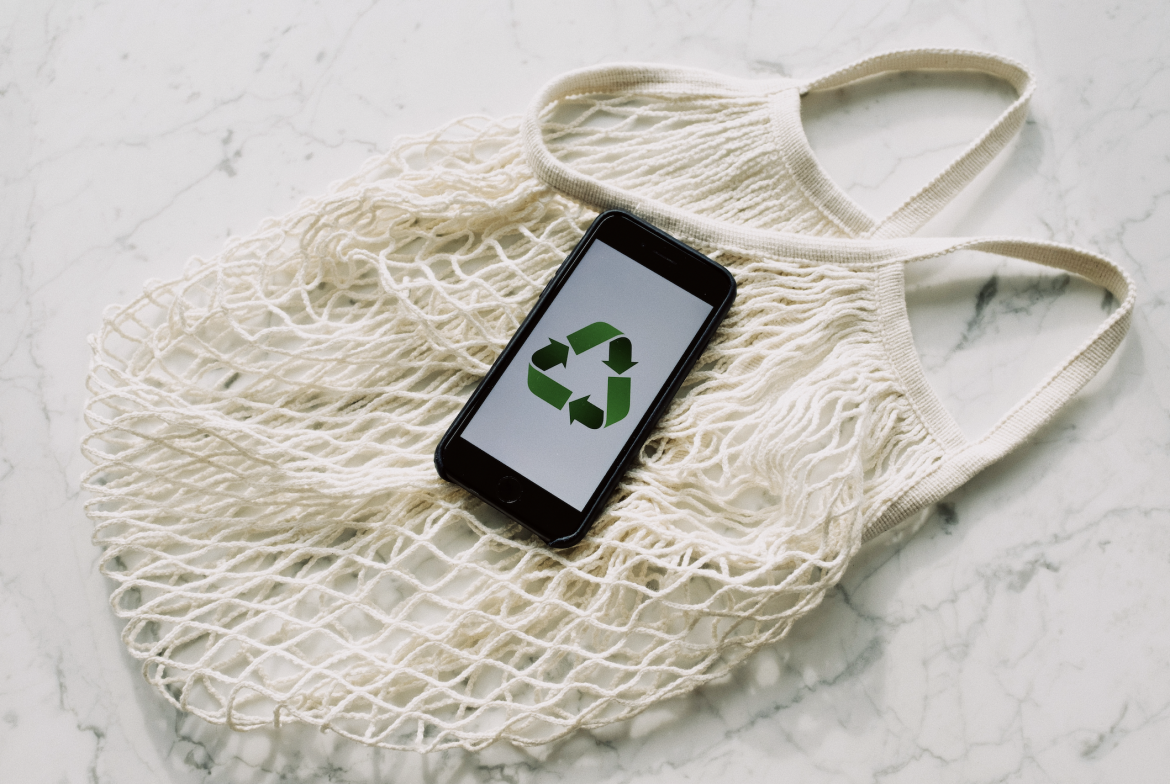We have to look beyond the ‘natural’ labels. Brands often claim to be 100% natural, but that doesn’t mean they’re doing their part. It’s a formidable task to tackle if you want to change your beauty routine to something 100% sustainable and ‘green’. However, you can start with rethinking the products you buy from here on out by ticking off the following list of requirements:
Environmentally conscious shopping tips:
✣ CRUELTY-FREE
This means that no animals were used or involved in testing the products or the ingredients whatsoever. But don’t get confused: A product may be cruelty-free and still contain animal ingredients. So it doesn’t mean that it’s vegan. But it also means that product or brand is not truly cruelty-free – in all likelihood, getting those animal ingredients would not have been a nice process. And then there is the question of palm oil. There’s more to come on this further on, but if a product does contain palm oil, it is an ingredient responsible for devastating thousands of hectares of rain forests – and all the animals that live there. Not cruelty-free. While the legislated definition of cruelty-free may mean one thing, there is moreto the story, so read over everything. To this day, many companies still test on animals in order to sell their products. In countries such as China, animal testing is required by law. Although there is some good news… From 1 May 2021, the Chinese National Medical Products Administration will exempt imported ‘ordinary cosmetics’ from animal testing (shampoo, shower gel, blush, mascara, perfume). Products such as hair dye, sunscreen and children’s products, however, we still need to be tested on animals-by law.
✣ CERTIFIED ORGANIC
This means the product doesn’t contain any GMOs, manufactured herbicides, artificial fertilisers, synthetic colours, preservatives or chemicals. When you purchase products that are
certified organic, you can be sure that more sustainable land management is involved. But be wary, because even if the ingredients are sustainably sourced, they may be tested on animals, contain animal by-products or palm oil.
✣ VEGAN
This is a cosmetic that contains no animal by-products. Be careful here, because it could still contain palm oil, or ingredients that are not organic or natural. Shockingly, some vegan beauty products may also be tested on animals.
✣ PALM-OIL FREE
Palm oil is an edible vegetable oil from the fruit of Elaeis guineensis, oil palm trees. It is found in nearly everything we buy – close to 50% of all the packaged products we pickup off supermarket shelves, from doughnuts, chocolate and deodorant to shampoo, toothpaste and
lipstick. Why? It’s an extremely versatile oil that has many different properties and functions: It can give products a longer shelf life; it is semi-solid at room temperature to keep spreads spreadable; it’s stable at high temperatures and gives food products a crispy texture; it’s also
odourless and colourless. The really sad problem here is that mass production of palm oil is responsible for extreme devastation of rain forests and is a major driver of deforestation, destroying the habitat of animals, including endangered species such as the orangutan, pygmy elephant and Sumatran rhino. But there is ray of light, and it’s the Roundtable of Sustainable Palm Oil (RSPO), an initiative that supports a sustainable palm oil industry. The RSPO has a standard thatensures any palm oil produced is done so under strict guidelines and standards.
✣ REEF-FRIENDLY
This means that the sunscreen you wear should not include oxybenzone, butyl-paraben, octinoxate, octocrylene or 4-methylbenzylidene. These ingredients could possibly have a damaging impact on coral reefs, harming the larvae and reducing its immunity. Make sure your sunscreen is a mineral blocker, rather than a chemical one, if you plan on swimming in the ocean.
ALSO SEE 6 EASY WAYS TO FRESHEN UP YOUR HOME

